After President Donald Trump jokingly told reporters that he'd "like to be pope" following the death of Pope Francis, South Carolina Republican Senator Lindsey Graham threw himself behind Trump's remarks, which came after Trump already raised the ire of critics for seemingly falling asleep at the Pope's funeral.
Trump said that he himself "would be my number one choice" to be the next pope after he was asked who he’d like to see become the next pontiff. That would never, ever happen—and disrespects the billions of Catholics around the world who are in mourning—but Graham suggested it was a good idea in a post on X.
He wrote:
"I was excited to hear that President Trump is open to the idea of being the next Pope. This would truly be a dark horse candidate, but I would ask the papal conclave and Catholic faithful to keep an open mind about this possibility!"
"The first Pope-U.S. President combination has many upsides. Watching for white smoke…. Trump MMXXVIII!"
You can see his post below.
It was Graham who once infamously stated that “If we nominate Trump, we will get destroyed...and we will deserve it,” an observation amid the turbulence of the 2016 presidential election that has only come back to bite Graham because he was, if you can believe it, among multiple Republicans who condemned Trump’s ascent at the time.
Many called out his groveling.
Graham came under fire recently for similarly fawning remarks when he praised Trump's State of the Union address to Congress and urged Trump to run for a third term.
At the time, Trump showcased the executive orders he had signed up until then and outlined his vision for how Congress should advance his legislative agenda. Trump also praised billionaire Elon Musk and his Department of Government Efficiency (DOGE) for the damaging cuts to the federal government even though many have been blocked by the courts.
Afterward, Graham called Trump's remarks "inspiring, funny, compelling and the Democrats’ worst nightmare," prompting many to criticize him for calling for a clear violation of the Constitution, which imposes an explicit two-term limit for presidents.

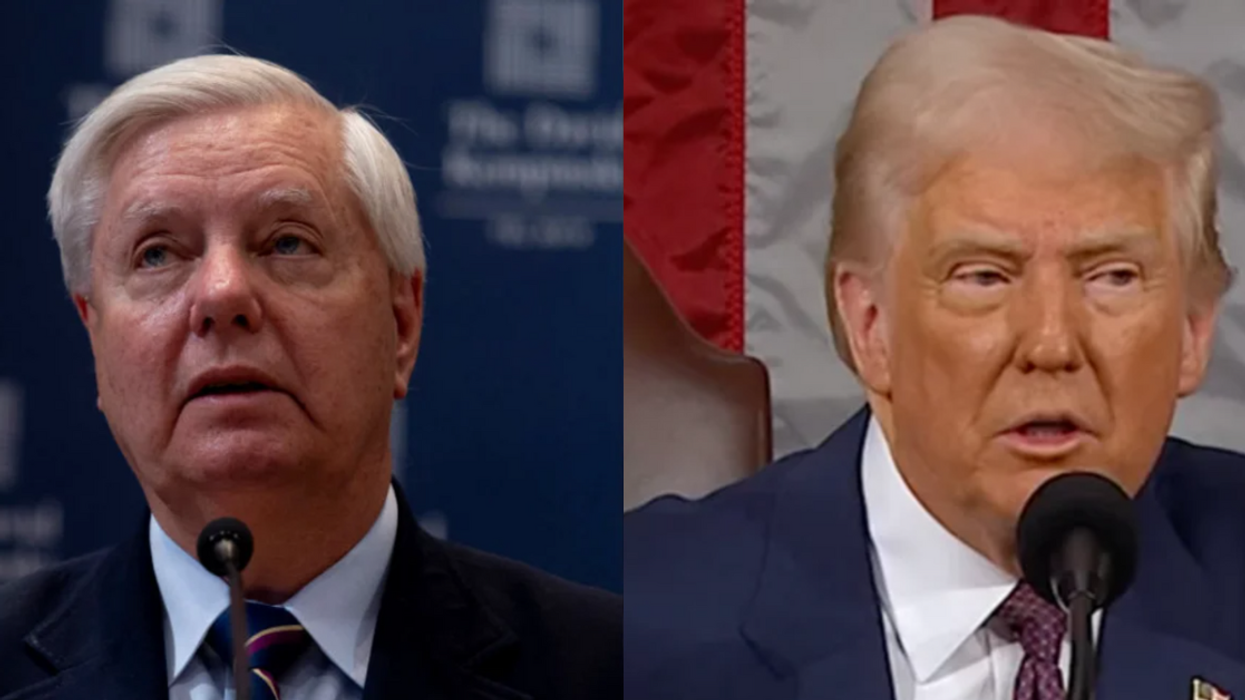


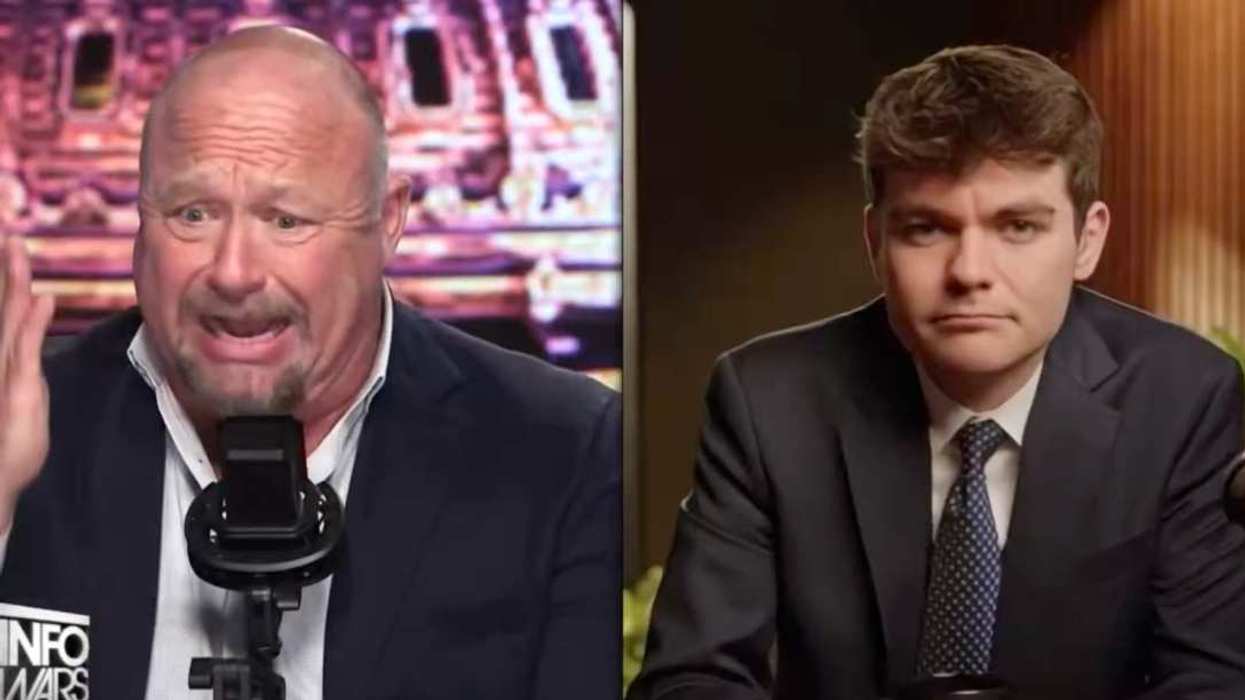
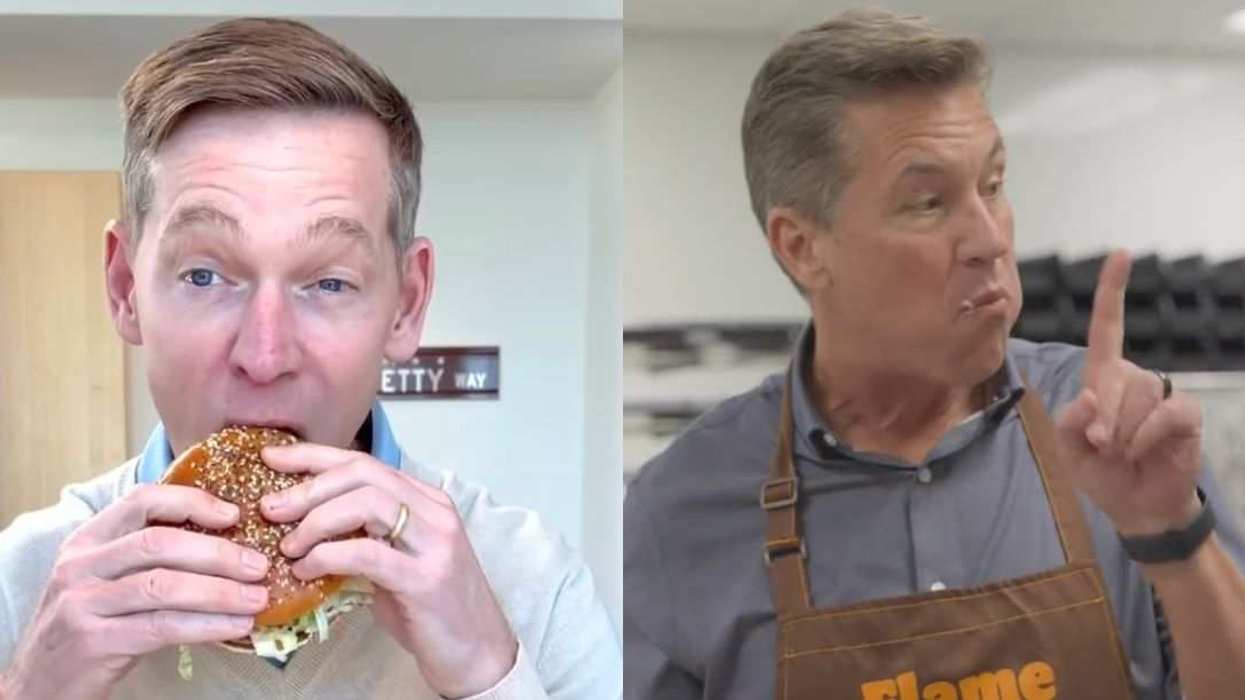

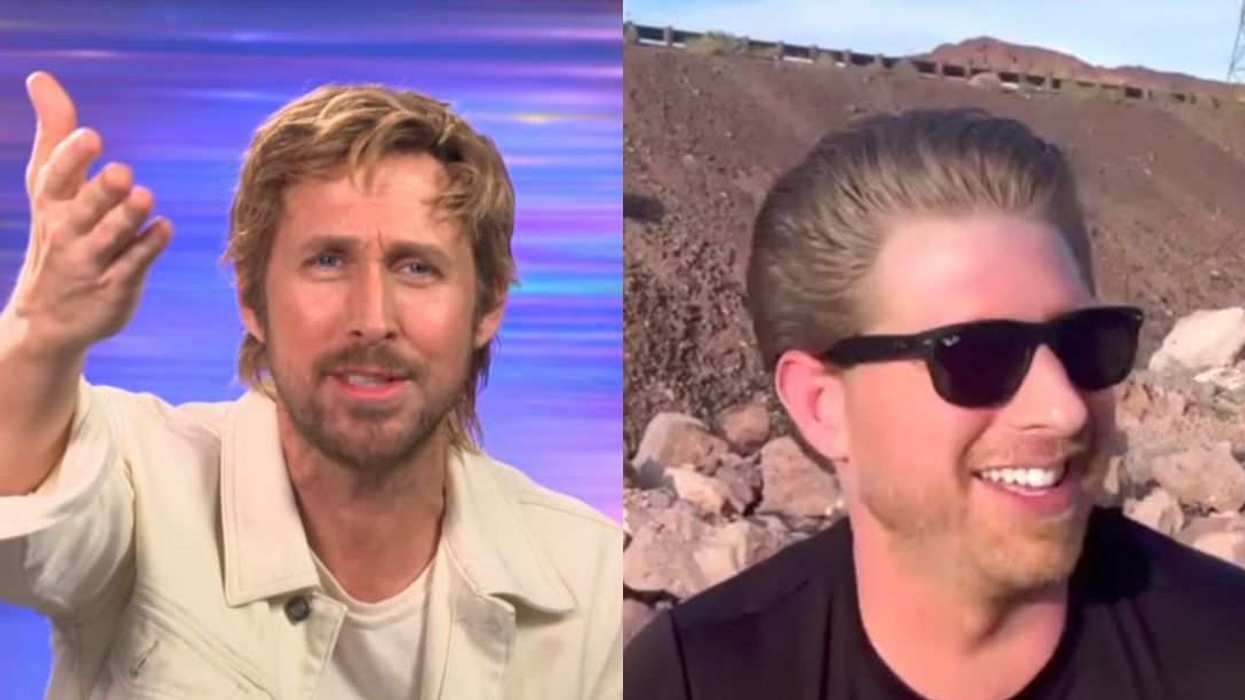



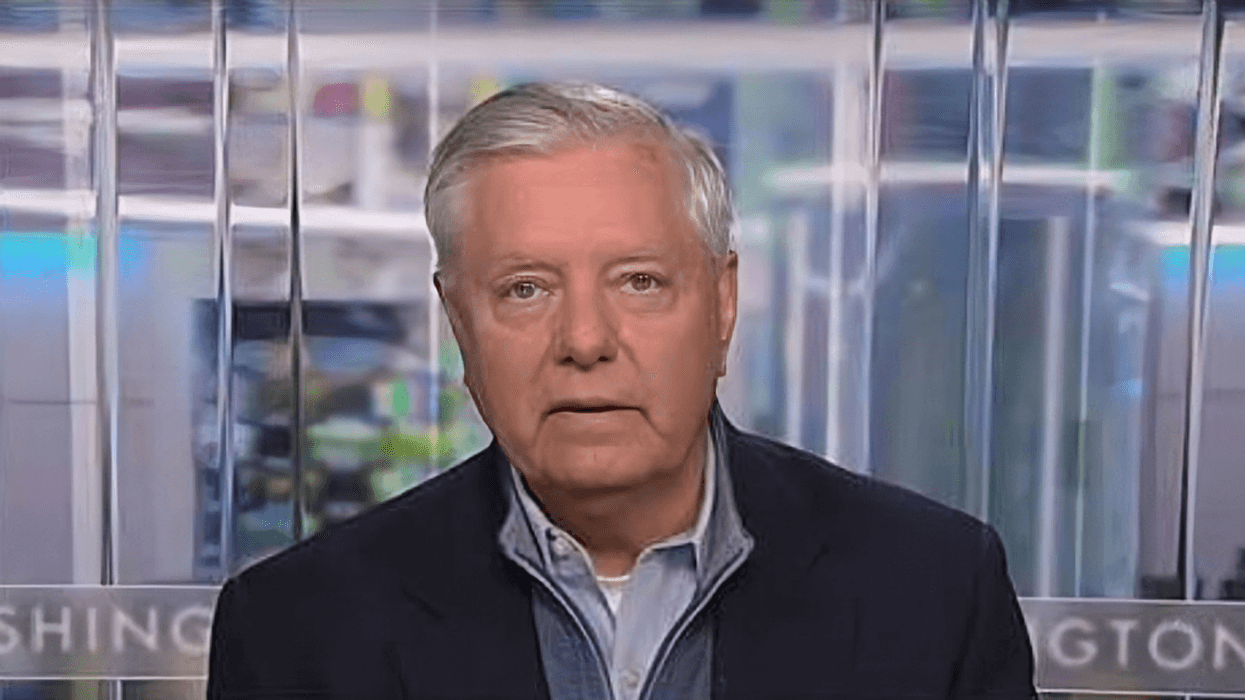

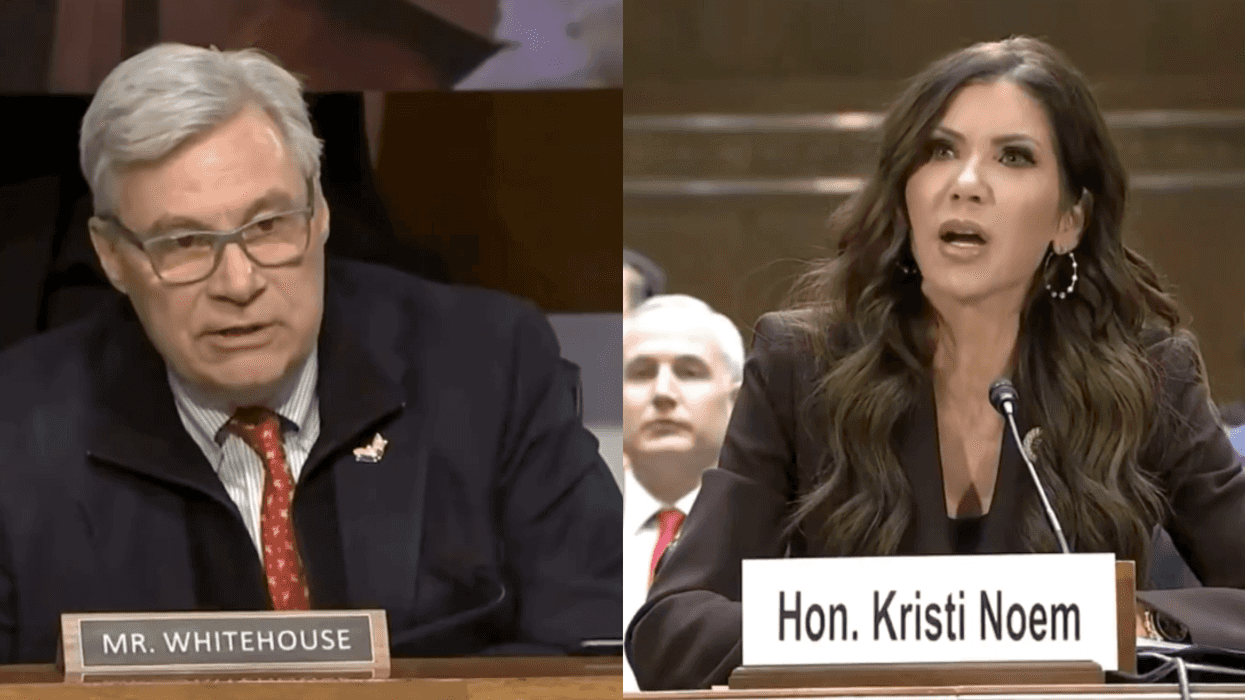
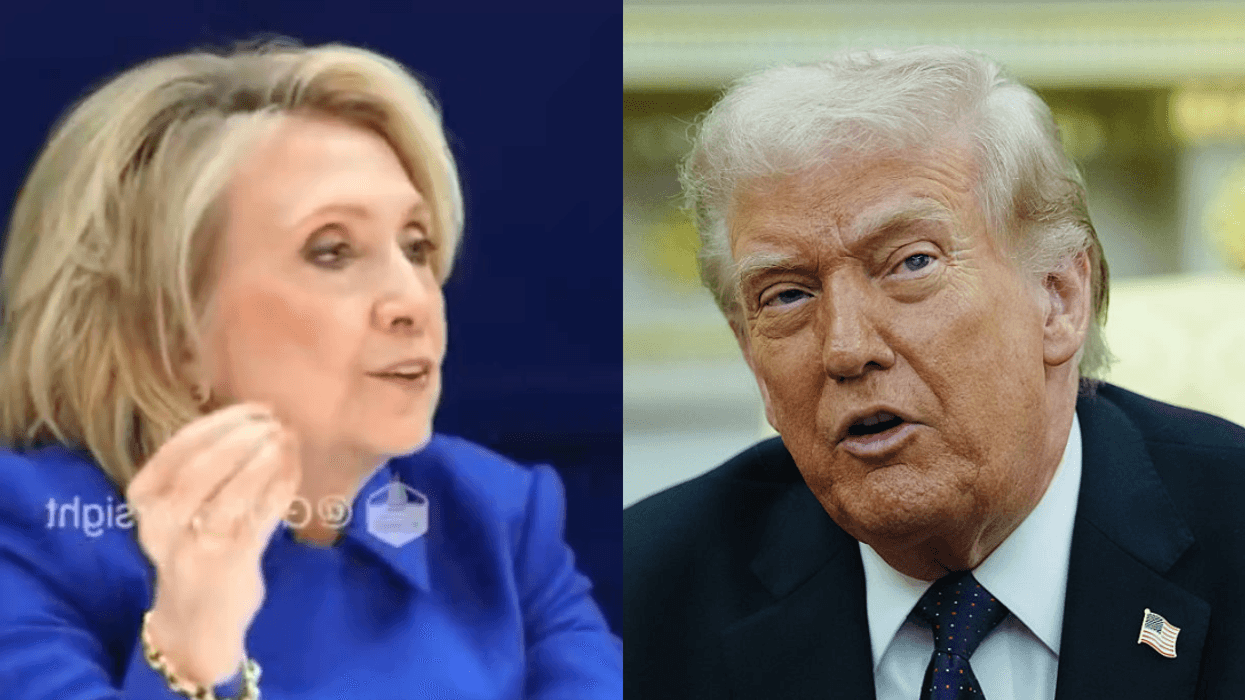

 @CNN/Instagram
@CNN/Instagram @CNN/Instagram
@CNN/Instagram @CNN/Instagram
@CNN/Instagram @CNN/Instagram
@CNN/Instagram @CNN/Instagram
@CNN/Instagram @CNN/Instagram
@CNN/Instagram @CNN/Instagram
@CNN/Instagram @CNN/Instagram
@CNN/Instagram @CNN/Instagram
@CNN/Instagram @CNN/Instagram
@CNN/Instagram @CNN/Instagram
@CNN/Instagram @CNN/Instagram
@CNN/Instagram @CNN/Instagram
@CNN/Instagram @CNN/Instagram
@CNN/Instagram @CNN/Instagram
@CNN/Instagram @CNN/Instagram
@CNN/Instagram @CNN/Instagram
@CNN/Instagram @CNN/Instagram
@CNN/Instagram @CNN/Instagram
@CNN/Instagram @CNN/Instagram
@CNN/Instagram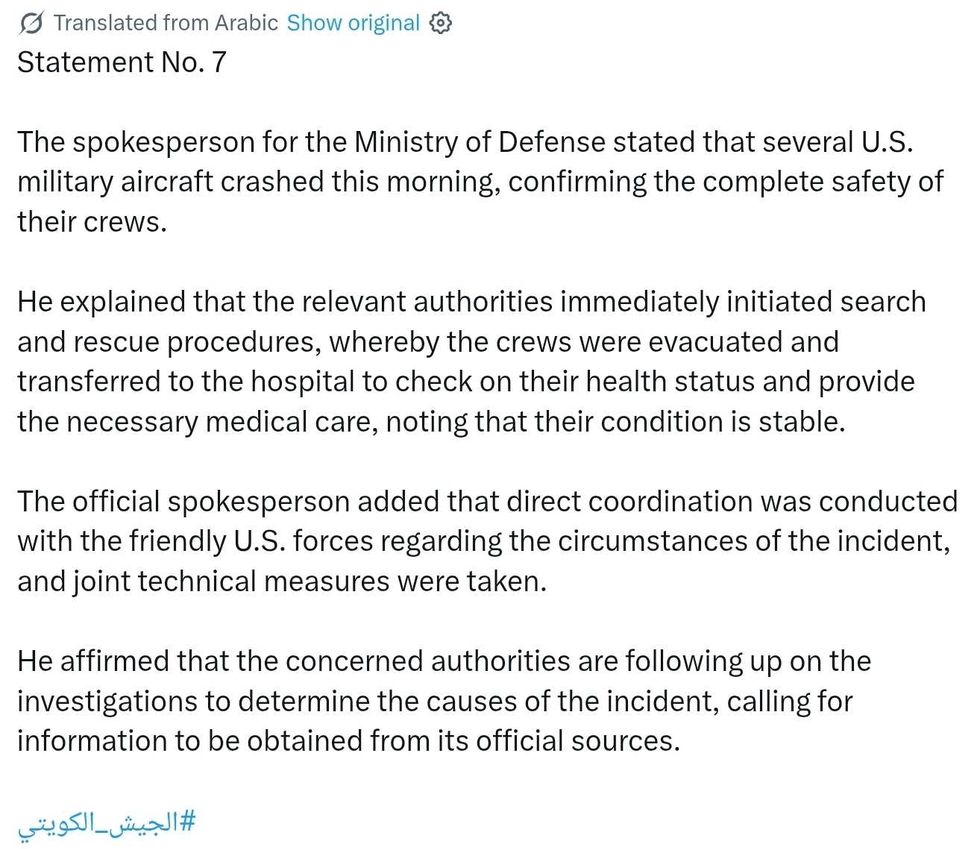
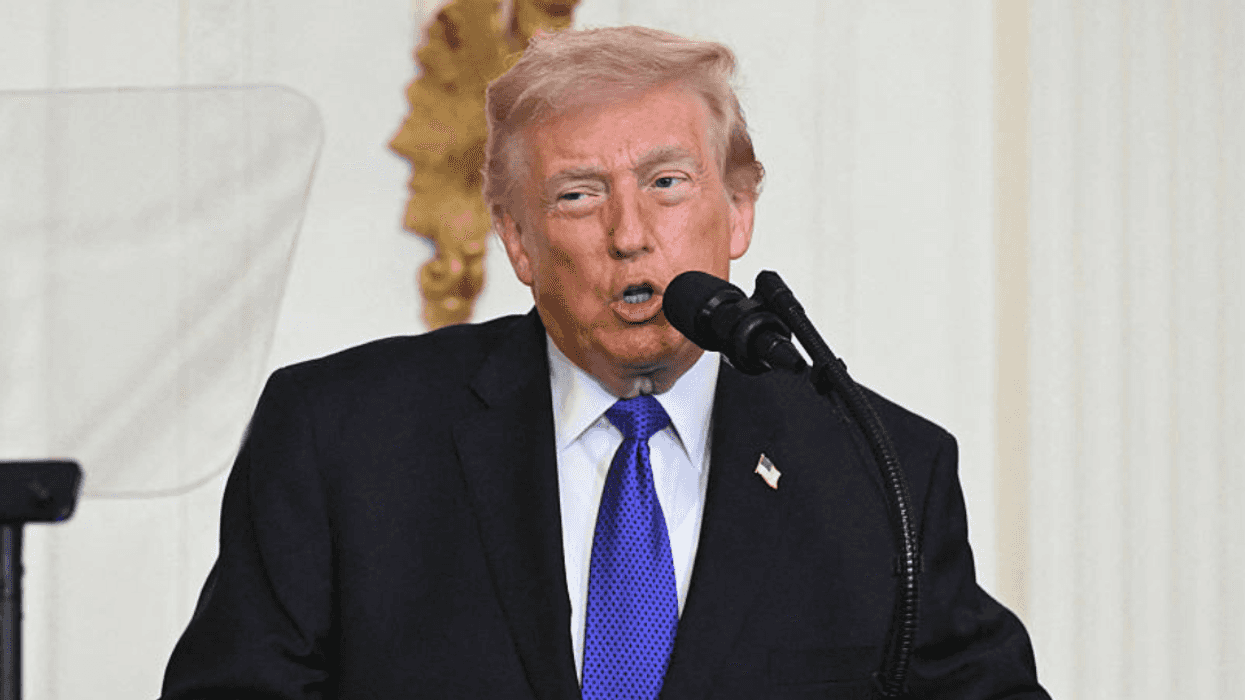
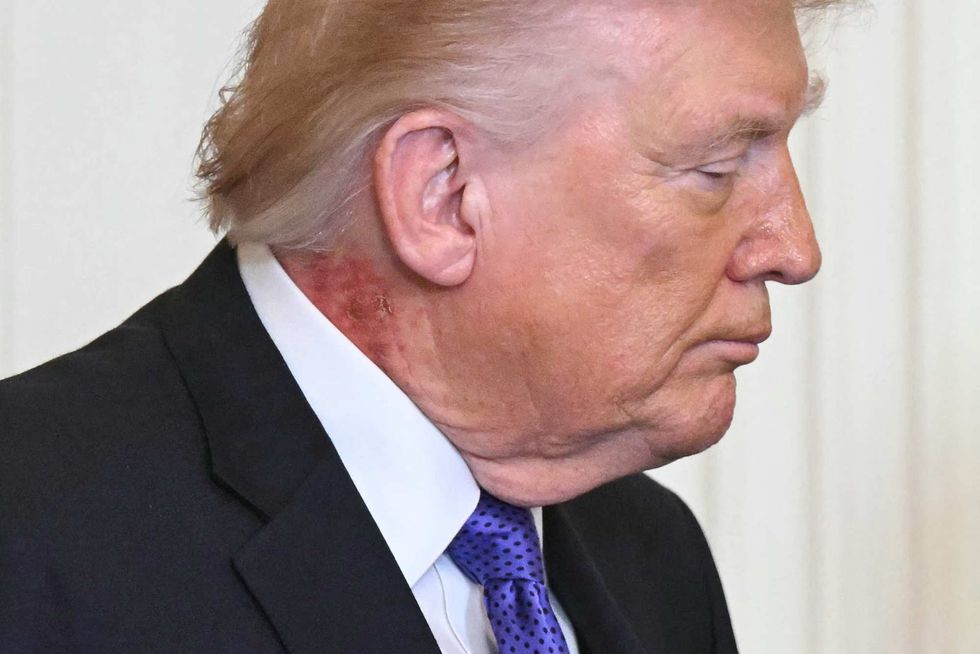 Saul Loeb/AFP via Getty Images
Saul Loeb/AFP via Getty Images